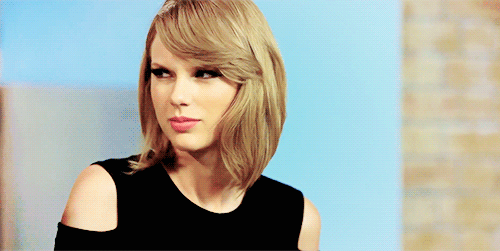- Joined
- Jul 2, 2014
- Messages
- 3,336
- Reaction score
- 5,899
This was very helpful. As for RBF, LOL; that made my day. All this has also made me realize that I quickly become unbecoming and "mean" whenever I'm accosted or unsure about something (relaying a message from manager to customer without fully having 100% knowledge about the topic). This is definitely something I need to work on. I like to think that I'm one of those people who may seem unfriendly, but once I really get to know you, I'm there for you forever. However, this isn't how the medical field works, so how can I accomplish this in a much shorter span of time? I realize this is an abstract, unpractical question, but maybe someone has had prior experiences?
Whenever I'm spoken to, I give 100% of myself, and that's something I take pride of. However, just today, I had someone who barely knew me tell me that I "just look mean". WTH am I supposed to do with that? Will every interaction I have involve an uphill battle of me proving that I'm someone who can be friendly?
If you are really deadset on medicine, I know quite a few surgeons and anesthesiologists who... how to be polite here... don't have the best bedside manner, shall we say. You can do it, and make it work in most any specialty, if you want it bad enough. You can learn to moderate your facial expressions and tones. Social skills are learnable. I just think it is a very difficult road to go down, especially as the trend in medicine is ever more toward customer service.
One of the signs that medicine may indeed be for you is if you can't be discouraged from pursuing it, no matter what people say. I hope you find only success in whatever you may choose to do, and given your attitude here, I have faith that you will.


